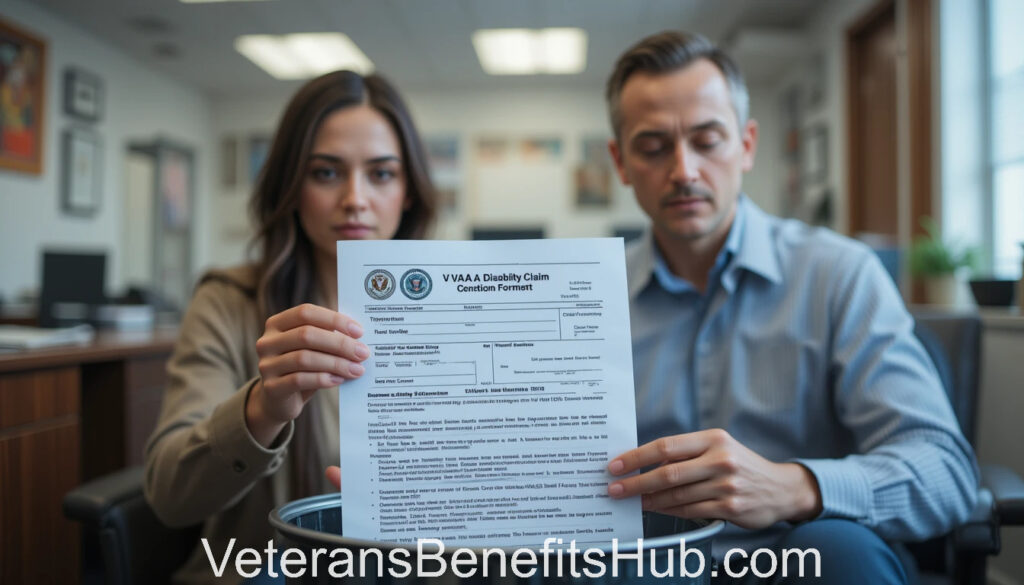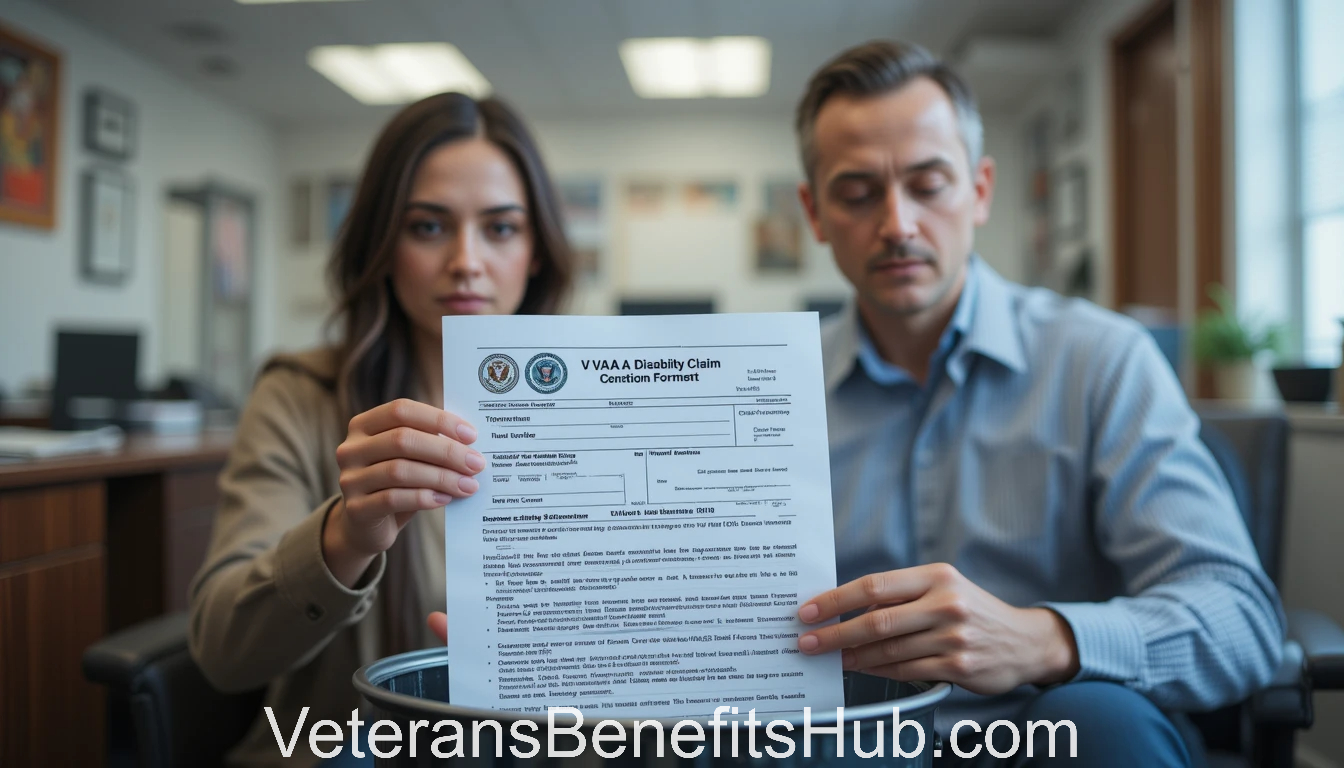
Veterans Are Getting Ripped Off — Here’s Why
There’s no denying it: many veterans are being shortchanged when it comes to receiving their well-deserved benefits. The data backs this up, but the main reason behind it might surprise you — pride. It’s something that many veterans struggle with, and they’re not alone.
Pride can be a powerful and positive force, but it can also be the biggest roadblock for veterans trying to get the compensation they’re entitled to. It’s a mindset drilled into service members from the moment they enter boot camp — suck it up, don’t complain, keep moving forward. As soldiers, they were trained to think as a unit, to endure without question, and to handle pain and adversity with unwavering strength. Unfortunately, that same mentality often prevents them from seeking help once they’re out.
Pride as a Barrier to Benefits
For some veterans, pride keeps them from accepting the reality of their situation. They may not want to admit that they need help, and it can take years — sometimes even decades — to confront the truth and make progress. Many remain stuck in that same mindset, refusing to acknowledge that they’ve been hurt or that their lives are impacted by their service-related injuries.
Sometimes it takes a wake-up call to realize that pride is holding them back. Veterans need to see beyond old habits and recognize that pursuing disability compensation is not about weakness — it’s about securing the support they’ve earned.
Navigating the VA Claims Process
The VA claims process is complex and often feels like a battle of its own. While some active-duty personnel are taking proactive steps by filing claims within the one-year presumptive period or gathering medical evidence early, many veterans wait far too long, letting pride and misinformation get in the way.
If unsure where to start or feeling overwhelmed, it’s crucial to seek guidance from reliable sources. Medical evidence is key to a successful claim, and having a dedicated support team can make all the difference. Don’t hesitate to reach out to professionals who can help gather and present the necessary documentation.
The VA’s Perspective: Business, Not Charity
Let’s not sugarcoat it — the VA is a business. The system isn’t designed to make veterans’ lives easier; it’s designed to minimize payouts. They’re not going to hand over benefits without a fight. Understanding this reality is vital to building an effective strategy.
A claim is essentially a medical battle. It’s important to focus on gathering clear, credible evidence — from diagnosis to service connection to symptoms. Don’t waste time re-arguing points that have already been won. Instead, zero in on what still needs to be proven, and prepare for pushback.
Dealing with Opinions and Judgment
One of the hardest parts of the process is ignoring the noise from people who think they know the situation better than the veteran does. Comments like “You don’t look disabled” or “Why are you rated higher than me?” can hit hard, but they’re irrelevant. Each journey is unique, and the fight is with the system, not with the opinions of others.
There’s no need to justify a disability to anyone. Only a doctor’s opinion and medical records matter when it comes to a VA claim. Veterans should surround themselves with support and block out the negativity from those who don’t understand their struggles.
Strategic Risks and Personal Decisions
There’s always a risk when pursuing increased compensation. Filing for an increase can potentially result in a decrease if the VA decides to re-evaluate the condition. That’s why it’s essential to weigh the potential gains against the risks. Sometimes, holding onto what’s already secured is more important than pushing for a little extra.
Some veterans reach a point where they must decide whether to pursue Special Monthly Compensation (SMC) beyond their 100% Permanent and Total rating. After careful consideration, many choose not to risk their existing benefits. Every situation is different, but it’s crucial to think strategically and plan wisely.
Final Thoughts
The numbers don’t lie. With over 18 million veterans out there, it’s hard to believe that so many left the military completely unscathed. If you’re one of the countless veterans who walked away without a disability rating or adequate compensation, take a hard look at your situation. Pride might be the one thing standing in your way.
Take charge of your benefits claim. Seek help when needed, focus on the medical evidence, and don’t let pride or fear keep you from pursuing what’s rightfully yours.
Disclaimer:
This article is based on personal opinions and observations. Individual experiences may vary.

